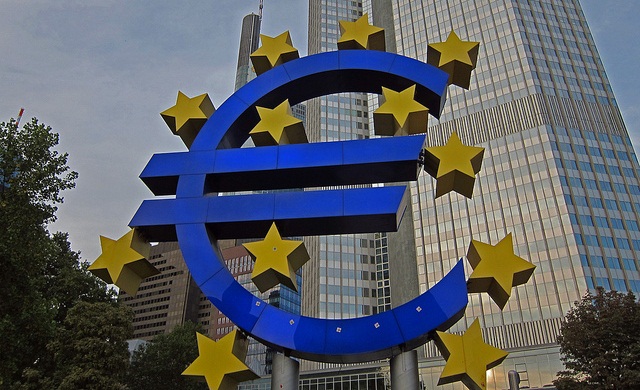So far this year, the yield on the US 10-year Treasury bond has fallen by more than 9%, while Germany’s has fallen by nearly 10% and France’s by 12%. The question then becomes, what are the inflows into fixed income due to? Has the economic outlook brightened?

Actually, yes. Although eurozone growth is expected to slow, fears of a deep recession have receded for the time being. The rise of the ZEW Eurozone economic sentiment index in January to 16.7 points after scoring -23.6 in December argues in favor of a positive scenario.
The recent survey provided by “Consensus Economics” suggests that analysts expect Europe to log growth of 0.1 percent over the course of 2023. This is thanks to lower energy prices, bumper government support, and the earlier-than-anticipated reopening of the Chinese economy, which boosts global demand.
What could go wrong? The main risk for the sovereign’s debt would be a continuation of hawkish monetary policy. The recent spike in the EUR/USD pair above 1,08 suggests that the ECB could raise interest rates by 50 bps in both February and March meetings. For a change in rhetoric, inflation pressures should ease.
The good news is that, according to U.S. fund manager Alliance Bernstein, in both investment grade and high yield, credit spreads are above average and absolute total returns look attractive. Spreads could continue to widen as economies slow, but current yield levels provide a cushion against short-term losses.
A headwind for the European sovereign debt market could be quantitative tightening (QT).
In this sense, CaixaBank analysts expect that “the ECB will gradually tighten this 15 billion benchmark and can be expected to raise the threshold to zero reinvestments. This, coupled with further TLTRO-III repayments, could reduce the ECB’s balance sheet by 15% over the course of 2023.”


 Hot Features
Hot Features













